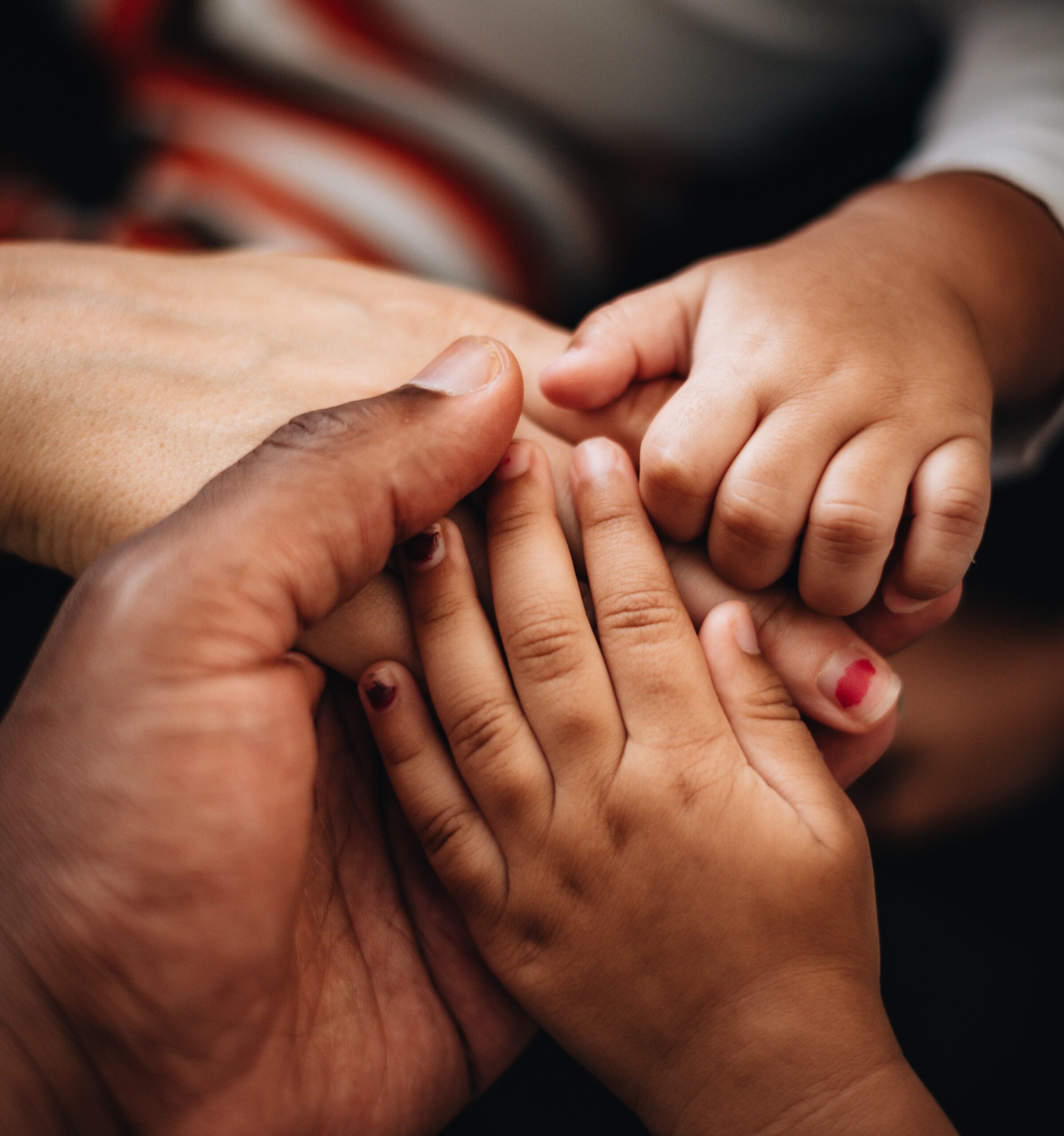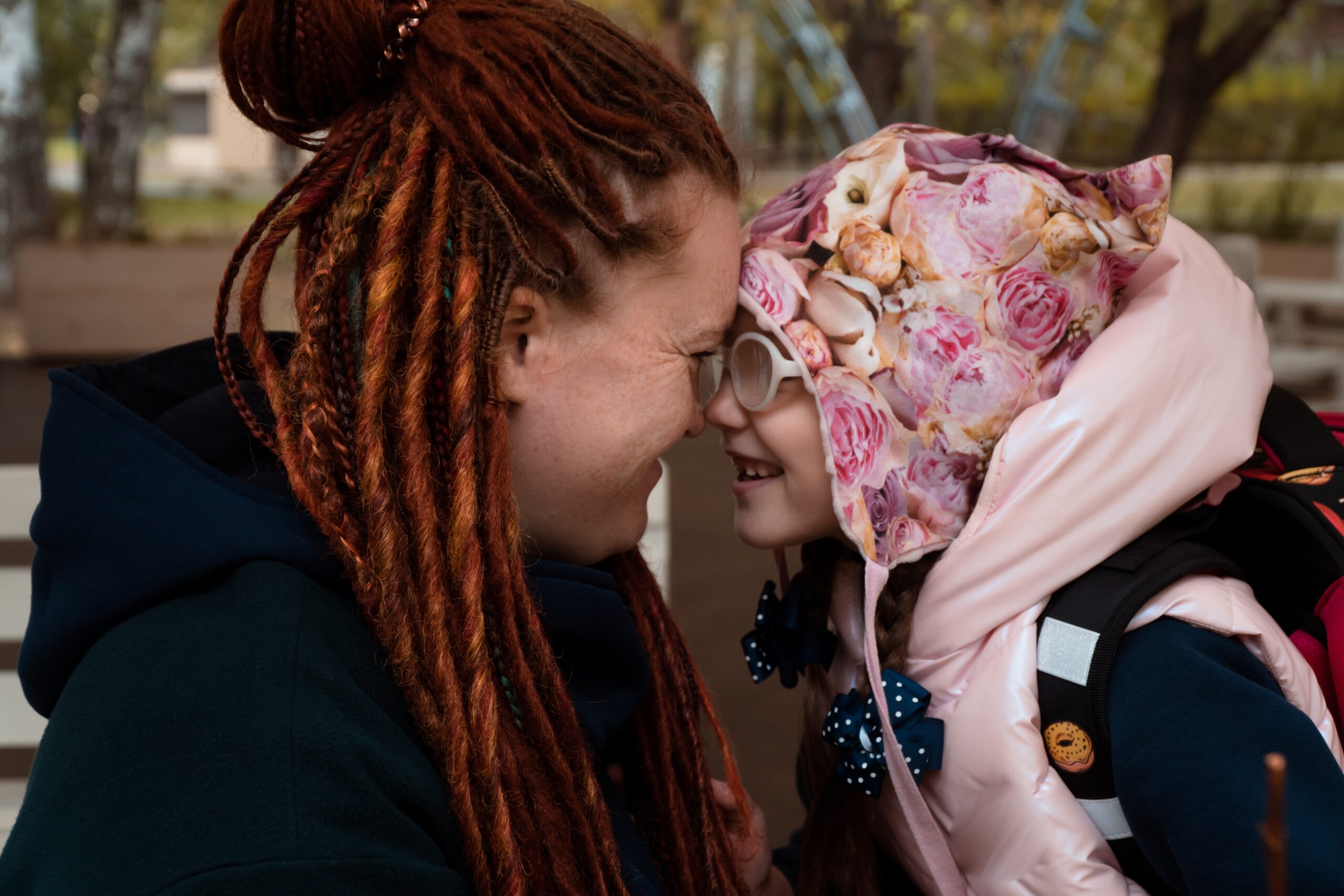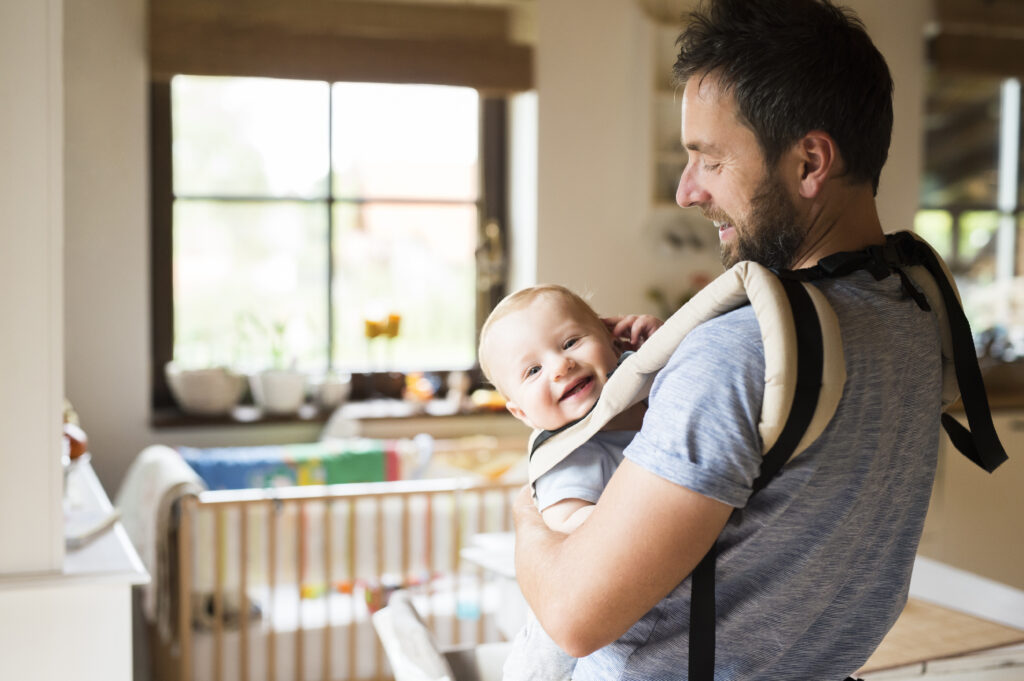
The increased demand to learn more and to improve in our efficacy as parents is something ever-growing. As a psychologist, I am encountering more parents who wish to become more self-reflexive and to make sure they are doing all they can with their little ones, or sometimes also not so little ones. For me, this drive to learn and to be better could be linked with the high value we place on giving our utmost to our children and wanting them to have a beautiful life. I find that some parents strive on the idea of how they can help their children to be better than them, to have more opportunities than they had or simply to help them be better humans. The essence of giving children the best of us really boils down to one major point – the relationship that we develop and nurture with them. And how can we foster that relationship? This can be aided with learning more effective communication skills and using these in our day-to-day interactions with our children. A secure relationship is also built on empathy and compassion, amongst others. In view of this, I will now look into some ideas and practical tips for parents.

Active listening skills
It may come as a surprise to some parents, but some skills are really the simplest (yet sometimes most difficult) of skills. This includes active listening skills – this is when, in this case, parents let go of whatever they are doing, sit down and look into the eyes of their children. Minimising the distractions will help parents to focus more on the children’s body language, verbal language and emotions. Establishing eye contact, maintaining a gentle face, posture and tone of voice will aid in helping children to gradually open-up more. Additionally, nodding and using summarising will help children to feel more understood and validated. So, this sounds very basic and simple. Yet do we actually do it on a regular basis? In our busyness we may be juggling ten or more ideas at a time, and we may feel too overwhelmed to sometimes even pick up on what our children might be going through or even trying to tell us. Let this be your reminder to slow down and just be in the moment with your kids.

Active listening involves opening our ears, eyes and hearts to what our children are telling us. We make sure that we understood what they wish to tell us by then telling them back what we have understood from their communication. We do not rush to find solutions; nor do we offer our opinions at this point. This is because first and foremost children, and adults, need to feel heard and understood. Following this, children may feel more connected to open up and to listen to different perspectives.

Validation techniques
Validating means trying our best to understand the experience from the perspective of the child and acknowledging that what they are saying may be true to them or to how they are feeling (even if we may have different perspectives and emotions). There is a distinction between validating the children’s thoughts and emotions, and agreeing with them or their behaviour. Validation goes hand in hand with empathy and compassion – showing our children that we can understand and share their emotions will help them to feel loved, worthy and more secure. Here are some examples of validating statements :
For Sadness :
- “I can see that you’re feeling really sad right now.”
- “It’s okay to feel sad; everyone feels that way sometimes.”
For Anger :
- “I understand that you’re angry about what happened.”
- “It’s okay to feel angry, let’s talk about what happened.”
For Fear or Anxiety :
- “I hear that you’re feeling scared. Can you tell me more about what’s scaring you?”
- “It’s normal to feel anxious sometimes. Let’s figure out how we can work through this together.”
Empathy development
Empathy supports the development of a secure parent-child relationship. Empathy involves trying to understand how the children may be feeling even when they may not be able to verbally express it themselves. Empathy is a tool in supporting children to develop increased emotional regulation skills. It is helpful when parents label their children’s emotions and acknowledge how they might be feeling. Parents need to create a safe space where children can express their emotions freely without the fear of being dismissed or belittled.

Parents can also find the right time to share what helps them to cope with similar emotions and be open to brainstorming with their children about what coping skills they wish to develop. As parents, we are the first role models for our children – how are they seeing us navigating through our emotions? How do we respond in times of distress? If we try our best to consistently respond in a healthy manner, then our children will most probably have an easier time in learning appropriate emotional regulation skills. Providing our children with opportunities to witness empathic interactions, even between the parents or other family members, may help them to increase their empathic skills even more. Of course, other factors can come to play, including the children’s temperament, personality qualities and life circumstances amongst others.

Ways to support empathy development :
– embracing your child’s uniqueness.
– sharing age-appropriate activities that promote empathy, such as storytelling or role-playing.
– finding opportunities for perspective-taking; ask questions that encourage your child to consider different points of view.
– discussing different film or book characters and how they might feel in various situations.
– holding on to your patience and practice staying calm even in complex situations.
– practicing unconditional love – remind your child that you will love them no matter what or how they are feeling.

Positive reinforcement and detailed praise
The idea behind this is to catch your children being good. Don’t wait for your children to misbehave in order to give them your attention. Instead, see their positive interactions, helpful behaviours and strengths, and highlight these in a genuine and clear way. Detailed praise may also support children to foster a growth mindset. As parents we need to focus on praising our children’s effort rather than only the result.
Some examples of detailed praise include :
– “I noticed how you patiently helped your friend with their homework, showing kindness and understanding.”
– “The way your shared your toys and took turns with your brother was fantastic. You are so generous and cooperative.”
– “I’m proud of how you persevered through that challenging puzzle. Your determination is impressive!”

Fostering empathy and effective communication skills in children requires consistency, nurturance and lots of repetition. Additionally, it is of benefit for children when parents value self-care and have a healthy level of self-esteem. Children whose parents work on themselves to be more secure in their attachment and outlook, will be more likely to thrive and to be successful in life. Finally, I would like to end this blog with the following quote which I found to be very powerful :
“It’s not only children who grow. Parents do too. As much as we watch to see what our children do with their lives, they are watching us to see what we do with ours. I can’t tell my children to reach for the sun. All I can do is reach for it myself.” – Joyce Maynard

Charlene
Clinical Psychologist and Family Therapist


